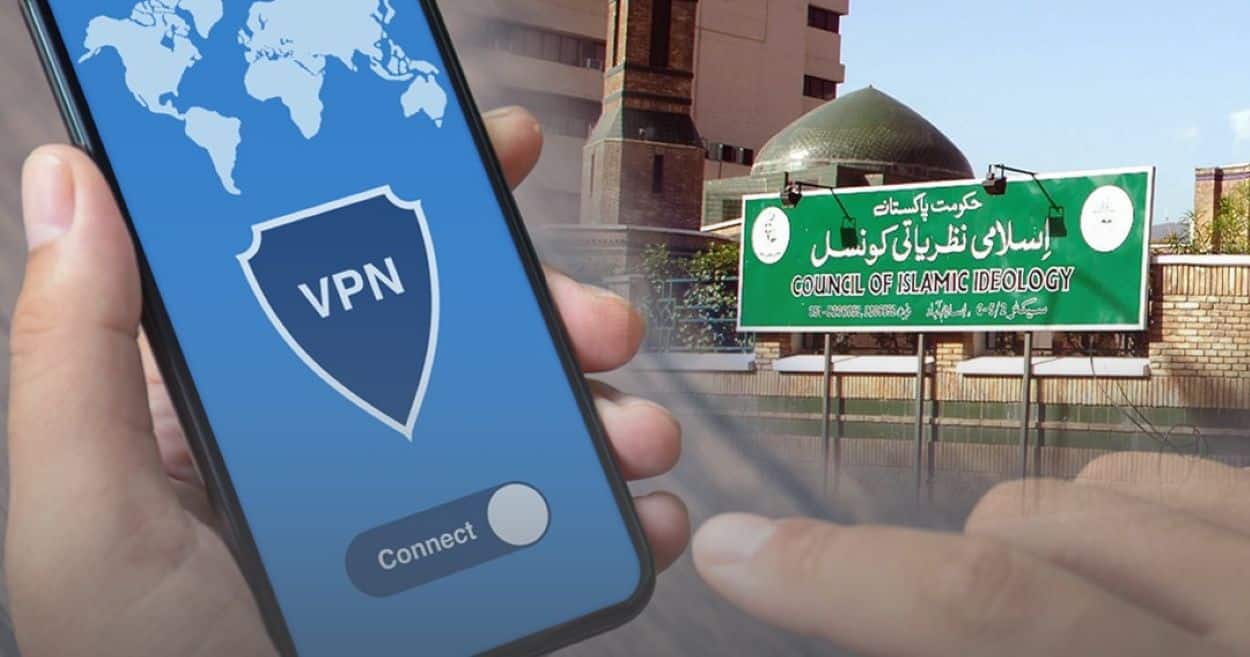The Council of Islamic Ideology (CII), in its 240th meeting on Wednesday, adopted a 10-point declaration emphasizing the constitutional right to freedom of expression and access to information under Article 191.
CII Chairman Dr Raghib Hussain Naeemi addressed the controversy over his earlier statement, which labelled VPN use as un-Islamic. He clarified that the statement resulted from a clerical error, as the word “not” was mistakenly omitted. “VPNs are not against Shariat; their permissibility depends on their use,” he stated. He also dismissed claims that the previous statement was issued under external pressure.
Dr. Naeemi condemned the misuse of the internet, citing statistics that 20 million Pakistanis access websites with profane, vulgar, or anti-national security content. He highlighted the November 30 deadline for registering VPNs, stressing that all users, including officials, must comply.
Read: Pakistan’s PM and Prominent Leaders Allegedly Use “Un-Islamic” VPNs
Hafiz Tahir Ashrafi supported the clarification, stating that the earlier statement aimed to prevent the misuse of software for blasphemy or obscenity without political motives.
Key Points from the CII Declaration:
- Social Media Usage: Social media is a powerful tool for expression but can also be misused. Muslims must ensure its use for lawful and positive purposes.
- Promotion of Islamic Teachings: Platforms should be utilized to spread Islamic teachings, character-building, education, business, preaching, and national security.
- Prohibited Content: The use of social media for blasphemy, fake or indecent material, sectarianism, or any illegal activity is against Shariat and must be prevented.
- VPN Use: VPN technology is not inherently un-Islamic. Its permissibility depends on its use. Misuse for blasphemy, lawlessness, or anti-national activities is against Shariat and should be addressed.
- Registered VPNs: Users should prioritize registered VPNs in line with government regulations.
- Government Responsibility: The government must enable citizens to use technology responsibly while preventing misuse.
- Regulation and Monitoring: Government agencies should actively monitor and regulate social media platforms and ensure compliance with the law.
- Constitutional Rights: Article 191 ensures citizens’ rights to freedom of expression and information, provided these conform to Islamic dignity, national integrity, and cultural norms.
- Positive Alternatives: Restricting access to technology is not a solution. Encouraging positive applications and providing alternatives are essential.
- Further Research: The council will conduct additional research in consultation with experts.
The meeting concluded that administrative measures and collaboration with experts are crucial to addressing the challenges posed by modern technologies.






